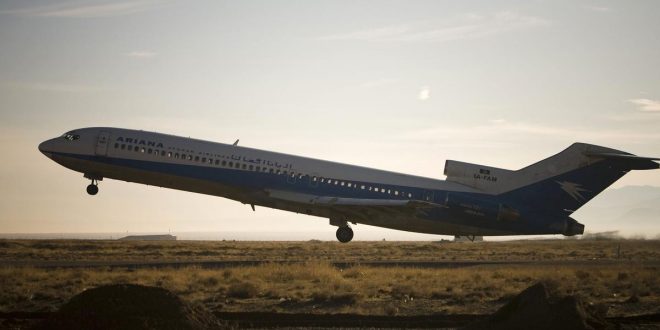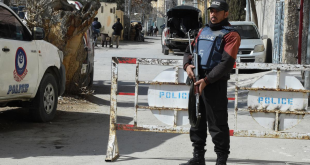AT News Report
KABUL: Kabul administration on Tuesday welcomed Pakistan’s decision to reopen its airspace to civilian flights, nearly five months after it was closed following a standoff with India.
According to a so-called notice to Airmen (NOTAM) by Pakistan Civil Aviation Authority, the Pakistan airspace reopened to Afghanistan and region civil flights.
The airspace restriction was adopted by Pakistan following increased tensions with the India.
Tensions between New Delhi and Islamabad reached peak after Jaish-e-Mohammad claimed responsibility for an attack on February 2019 that killed 40 Indian paramilitary police in Indian controlled Kashmir.
Following the attack, Indian Prime Minister Narendra Modi vowed to respond and take revenge, where few days after the attack India fighter jets crossed into Pakistani territory and bombed an area what the foreign ministry in New Delhi termed it a “non-military pre-emptive action” against armed group Jaish-e-Mohammed.
However, this has left Pakistan with no other option but to impose airspace restriction, which negatively affected hundreds of commercial and cargo flights in the region and inflicted millions of doors loses to the region airline companies.
Afghanistan Civil Aviation Authority in a statement has welcomed Pakistan’s decision regarding reopening of the airspace, saying Afghanistan Civil Aviation Authority will be committed to cooperate with all region countries.
“We hope the region flights re-managed through Afghanistan-Pakistan and India”, the statement added. Civil Aviation Authority also expects restoration of Indian flights to Afghanistan.
While, appreciating the leadership of the Afghan government for following the issue seriously, the Aviation Authority said that since now all Kabul-Delhi and Kabul-Mumbai flights will be taken place via eastern route.
On July 3, Indian Civil Aviation Minister Hardeep Singh Puri told his country’s upper house of parliament that the airspace closure had cost Indian airlines more than $80.1m.
The bulk of the losses affected Air India, the national flag carrier, which lost more than $71.65m. Other carriers affected including Indian carriers SpiceJet ($4.48m), IndiGo ($3.66m) and GoAir ($0.3m).
 Afghanistan Times
Afghanistan Times




